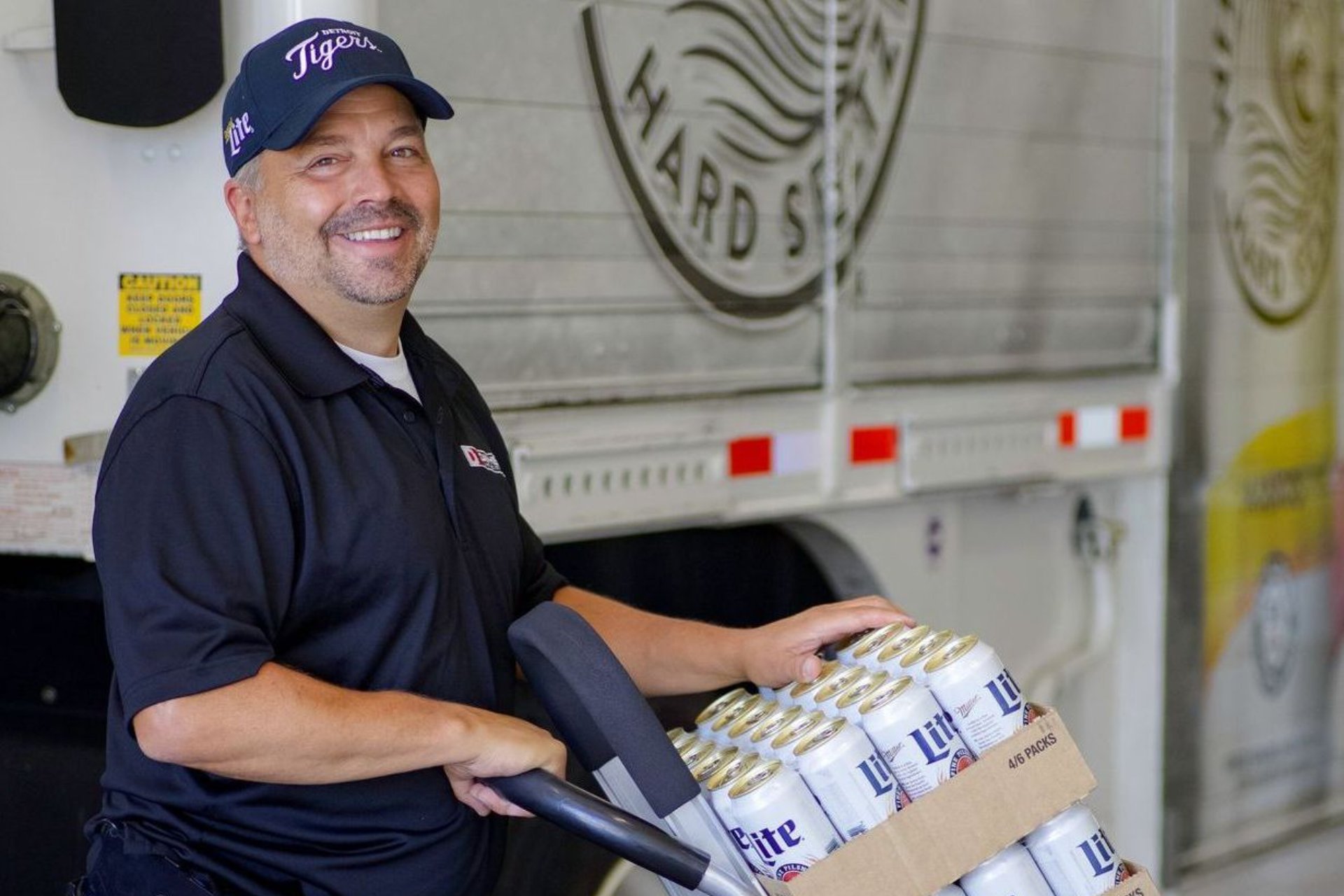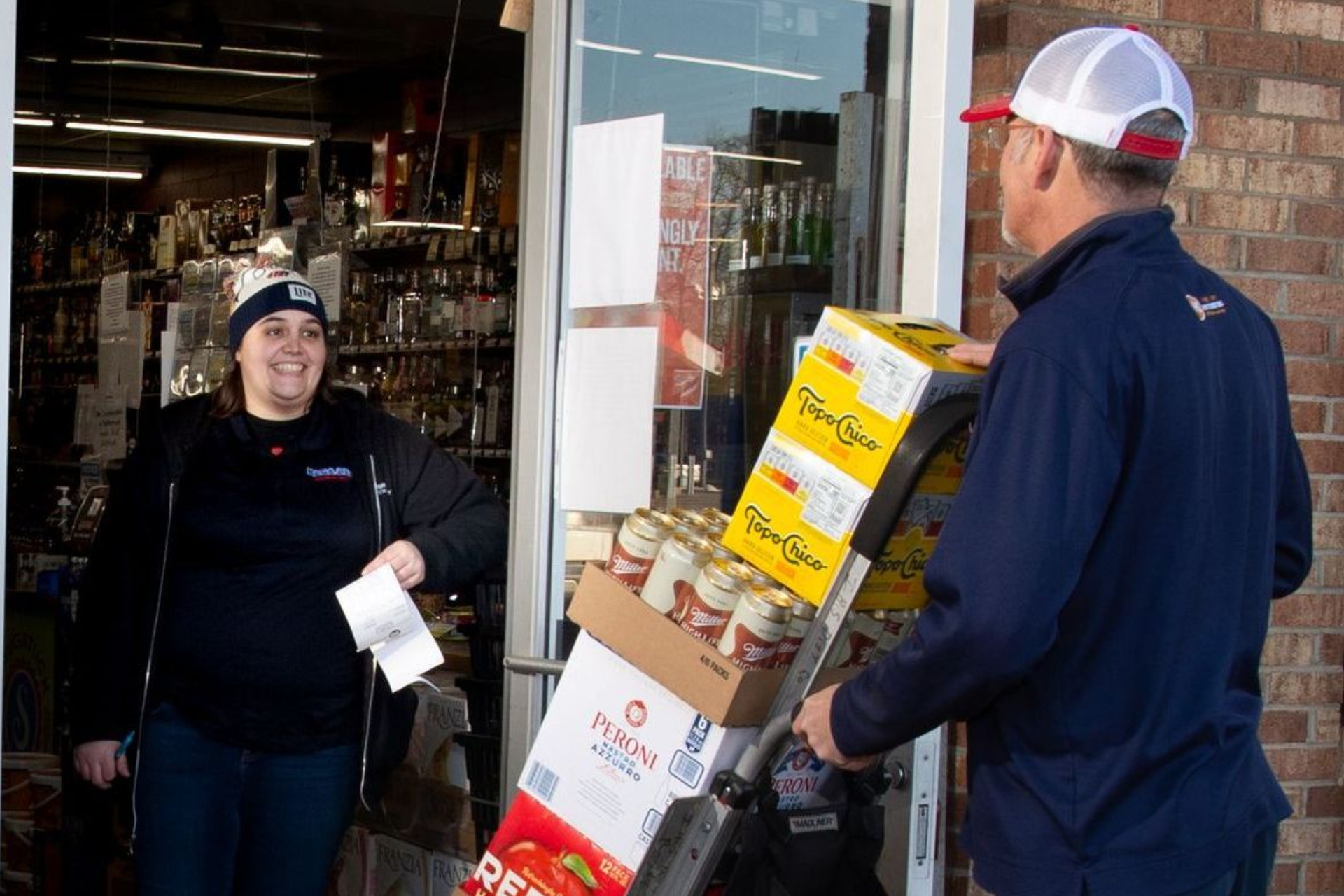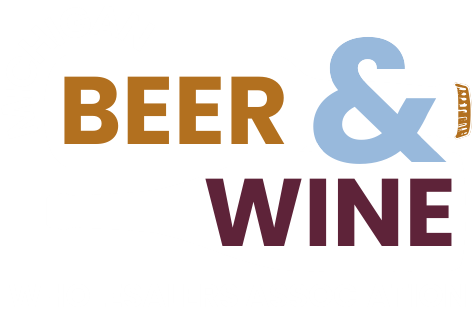The Three-Tier System
The 21st Amendment to the United States Constitution gives states total authority to regulate alcohol. While each state has different laws regulating alcohol, most have a three-tier system.
The three-tier system for distribution of beer and wine is the bedrock of Michigan’s alcohol regulatory structure. Under the system, a brewery or winery sells to a distributor, who in turn sells to a licensed retailer.
Operating under state regulations, beer and wine distributors fulfill a crucial role in providing consumers with an expansive selection of choices. They are dedicated to upholding the highest standards of quality, ensuring exceptional value for consumers while diligently safeguarding public interests. Through their unwavering commitment, they play a vital role in preserving the integrity of the three-tier system and the overall health of Michigan's alcohol industry.
Suppliers
Breweries & Wineries

Distributors
Wholesalers

Retailers
Stores, Bars, & Restaurants

The beer and wine distribution industry is both fun and complex. Many don’t realize the effort it takes to get products onto store shelves and restaurant menus. Distributors help grow brands — local, regional, and national — while investing in their employees, retailers, and communities to thrive together.
Other Key Features of the Three-Tier System
Beer & Wine
Franchise Laws
Require just cause and due process before canceling or terminating an agreement between a wholesaler and a supplier.
Territorial
Integrity Law
Ensures a transparent and accountable supply chain for product recalls, tax collection, and enforcement of the Bottle Bill.
Cash
Law
Requires cash payments upon delivery to prevent a licensee in one tier from gaining an unfair economic advantage or control over another.
Aid
& Assistance Law
Prevents commercial bribery in the marketplace.

